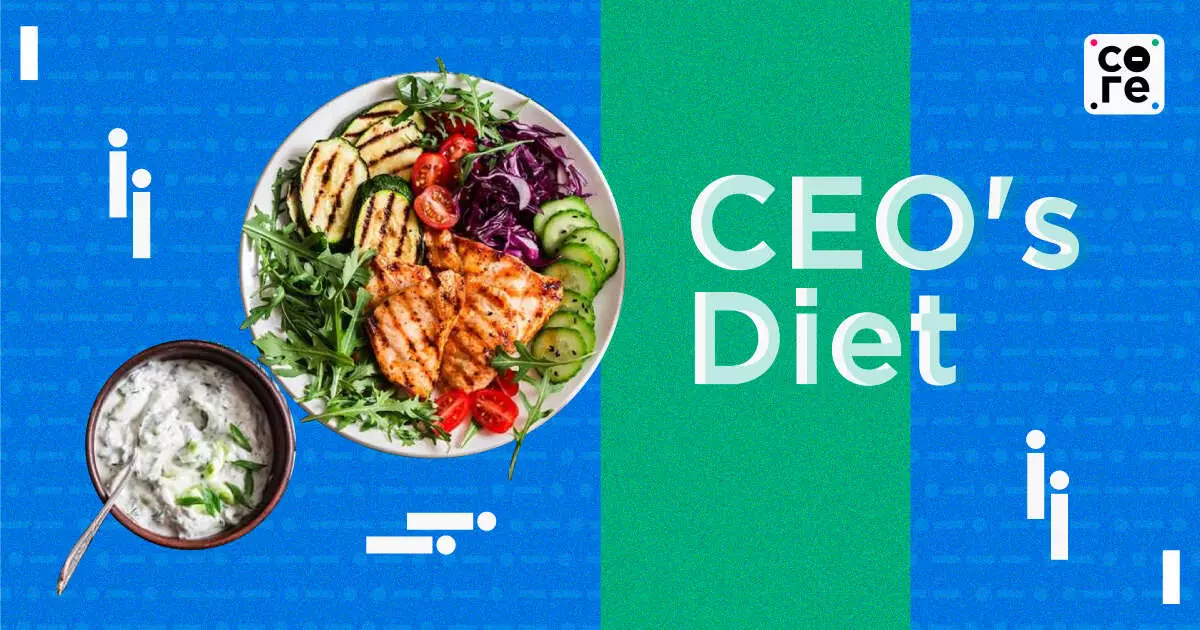
Health And Nutrition Lessons From Around The World
How different cultures can transform your diet and well-being

It’s summer vacation time and my Instagram feed is sprinkled with travel postcards from all over. The photos and stories of exotic locales and diverse cultures inspired this week’s column. What can we learn from different communities around the world to improve our health and nutrition?
From the heart-healthy Mediterranean diet to the longevity-boosting Okinawan diet, every culture offers unique and valuable lessons.
Here are some health and nutrition practices from various corners of the globe that we can all benefit from:
Mediterranean
Countries in southern Europe such as Italy, Greece, and Spain are known for their Mediterranean diet. Sardinia in Italy and Ikaria in Greece are identified as ‘Blue Zones’, areas with the highest life expectancy and the greatest concentration of centenarians.
Key elements:
They are liberal in the consumption of locally produced olive oil which is the main source of healthy fats. Their food is abundant in fruits and vegetables, whole grains like wheat and barley, fish and seafood along with a moderate dairy intake mainly from cheese and yogurt, and the occasional glass of red wine with meals.
Health benefits:
- Reduced risk of heart disease and stroke.
- Lower incidence of certain cancers.
- Improved longevity and quality of life.
Okinawa
Okinawa, a group of islands located in the southernmost part of Japan, is also considered a Blue Zone.
Key elements:
The region has a subtropical climate, with warm temperatures throughout the year and a distinct rainy season. This climate supports the growth of a variety of fruits, vegetables, and other crops that are integral to the Okinawan diet.
The Okinawan diet has a high vegetable intake, particularly sweet potatoes, and leafy greens, soy products such as tofu and miso, regular consumption of fish, limited meat intake primarily from pork, and smaller portion sizes that automatically keep the calorie intake low. They also have a strong sense of community and an active lifestyle.
Health benefits:
- High life expectancy and lower rates of age-related diseases.
- Better metabolic health and lower incidence of obesity.
The Nordic
The Nordic region includes countries in Northern Europe (Denmark, Finland, Iceland, Norway, Sweden) known not only for their fine minimalist aesthetics but also for their high standards of living, robust social systems, and healthy lifestyles.
Key elements:
The Nordic diet features whole grains such as rye, barley, and oats, fatty fish like salmon, herring, and mackerel, root vegetables including potatoes, parsnips, and carrots, berries such as blueberries and lingonberries, and dairy products. Avoidance of heavily processed foods, with an emphasis on natural and minimally processed ingredients, adds to their healthy eating practices.
Health benefits:
- Improved cardiovascular health.
- Enhanced weight management and metabolic function.
West Africa
The traditional diet of West Africa is rich in diverse, nutrient-dense foods that reflect the region's agricultural abundance and cultural heritage. This diet includes a variety of leafy greens, root vegetables, legumes, whole grains, and flavourful spices and herbs.
Key elements:
The diet from this region is rich in leafy greens like spinach and kale, root vegetables such as yams and cassava, legumes like beans, lentils, and peanuts, whole grains including millet and sorghum, and a variety of spices and herbs used for flavour and medicinal purposes.
Health benefits:
- Eating a diverse diet rich in fibre supports gut health.
- Variety of foods that are rich in antioxidants and reduce inflammation.
The French Paradox
I’m fascinated by the French way of life. Videos on YouTube give an insight into how they make eating a pleasurable activity while staying fit and healthy. French diet, often characterised by the "French Paradox," focuses on moderation with smaller portion sizes, high-quality fresh ingredients, whole foods, moderate wine consumption, slow and social eating with family and friends, and a diverse diet rich in fruits, vegetables, lean meats, and dairy.
Health benefits:
- Lower rates of heart disease despite high dietary fat.
- Enhanced enjoyment and satisfaction from meals.
Indian Way Of Life
While Indians are ranking high when it comes to metabolic diseases, there’s a lot to be imbibed from our ancient culture and practices.
Key elements:
Balanced meals with a variety of tastes and textures provide all the micronutrients and satiety. The use of spices like turmeric, cumin, and coriander in everyday cooking provides microdoses of antioxidants daily. Using a large variety of vegetables and lentils in cooking provides the necessary fibre and a predominantly plant-based diet with small portions of flesh foods has been proven as a good way to eat healthy. Ayurvedic principles of mindful eating, paying attention to how, when, and what is eaten is something we can all adapt in our fast-paced lives.
Health benefits:
- Promotes digestive health and balance in bodily functions.
- Eating biodiverse foods is good for health as well as for the environment.
Food and culture are never black or white. The positives highlighted in this column go hand in hand with the modernisation of cultures, globalisation of eating habits, and the relentless push of ultra-processed food industries.
However, incorporating these lessons from various global diets can lead to a more balanced and healthy lifestyle. Key takeaways include prioritising whole, unprocessed foods, enjoying meals with others, practicing moderation, and embracing a variety of flavours and nutrients.
How different cultures can transform your diet and well-being
Jessica Jani is a producer and writer at The Core where she covers mobility, sustainability and energy transition. She is based in Mumbai.

